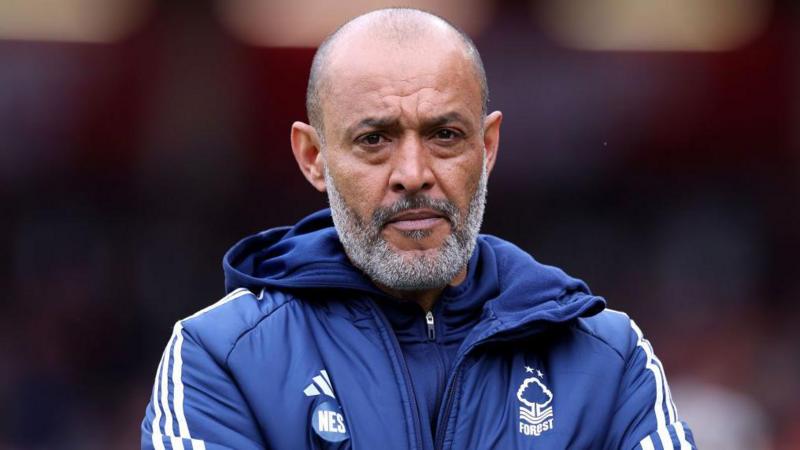Urgent Issue in Football: A Generation of Black Managers at Risk!




The Premier League, known for its global appeal and competitive intensity, finds itself under scrutiny yet again due to a persistent issue off the pitch: the lack of diversity in managerial positions. The recent dismissal of Nuno Espirito Santo from Nottingham Forest has left the league without a single black manager, spotlighting the ongoing diversification challenges within English football.
Nuno, the Portuguese manager with a commendable track record, including a successful stint at Wolverhampton Wanderers, where he brought the team up from the Championship and established them as a competitive side in the Premier League, took the reins at Nottingham Forest only this season. However, following a string of poor results that left the team languishing near the relegation zone, the club decided to part ways with him. This decision, while based on the team's performance, has unintentionally reignited discussions about the broader implications for race and representation in football management.
The Premier League has been celebrated for its multicultural player base, with athletes hailing from diverse backgrounds and ethnicities contributing immensely to the league's dynamic and appeal. However, this diversity has not been mirrored in leadership roles, particularly in the positions of head coach or manager. The departure of Nuno Espirito Santo underscores a distressing norm: the underrepresentation of black and minority ethnic managers in top-flight English football.
Addressing this gap is crucial, not only for the sake of equity and inclusion but also for the enrichment of the sport. Diverse leadership can bring varied perspectives, innovative tactics, and a deeper understanding of the challenges faced by players from different backgrounds. Moreover, it can serve as an inspiration for young athletes who can see themselves represented not just on the pitch but also in strategic, decision-making capacities.
The governing bodies of football in England have implemented some initiatives aimed at improving diversity in coaching. The Football Association's introduction of the Rooney Rule, which requires one candidate from a minority background to be interviewed for every coaching role within the England setup, was a step forward. However, critics argue that the application of similar policies in club football has been less impactful. Clubs remain autonomous in their hiring practices, and without a mandate akin to the Rooney Rule, progress has been slow and inconsistent.
Activists and organizations advocating for racial equality in sports emphasize the need for more robust enforcement of diversity policies. This includes not only incentivizing the hiring of minority coaches but also ensuring that there are pathways for these individuals to ascend within their careers, from youth coaching roles right up to the top managerial positions in major leagues.
Beyond policies, there is a cultural component that needs addressing. The football community must foster an environment where aspiring managers from minority backgrounds feel supported and valued not as tokens, but as essential contributors to the sport. It’s about changing mindsets and challenging the status quo that has seen mainly white managers recycle through Premier League roles.
As fans, stakeholders, and advocates await the next steps from both Nottingham Forest and the governing bodies, the broader conversation continues. How does football not only reflect the society in which it exists but also lead by example in promoting diversity? The talent is undeniably there, as seen from the lower leagues to international coaching roles where black and minority ethnic coaches are successfully leading teams.
The task ahead for football, specifically within the English Premier League, is substantial yet critical. As a global influencer in sports, the Premier League has both the platform and the responsibility to champion a more inclusive approach. Doing so will not only enhance the quality and the integrity of the game but will also ensure it truly represents the vibrant, multifaceted community that supports it.